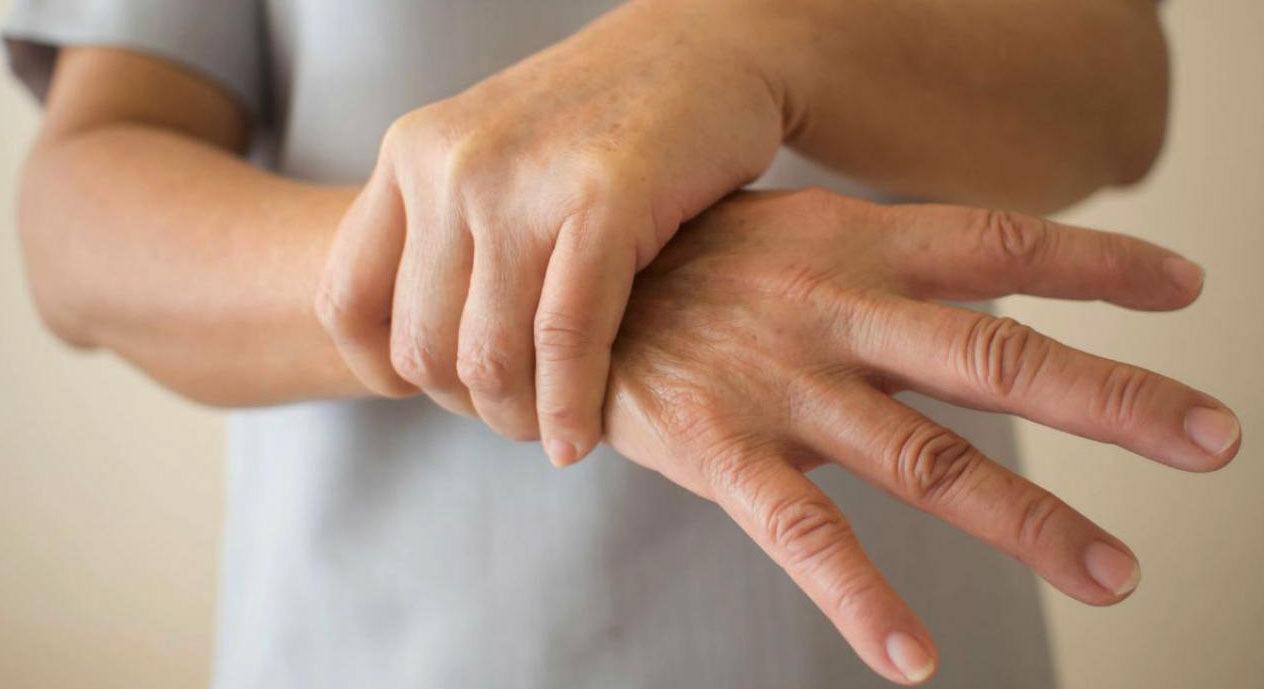Parkinson’s disease is a disease produced by a multisystemic neurodegenerative process that affects the central nervous system which causes the appearance of motor and non-motor symptoms. It is not a fatal disease, which means that the affected person will not die because of Parkinson’s.
Currently there is a treatment with surgery that can help fight it.
The benefits obtained through surgery are clear: it achieves a regression of the ailment equivalent to years of evolution. In other words, there are improvements in movement, as well as a decrease in stiffness and tremors of patients.
Now, the process of Parkinson’s disease surgery is performed when the pharmacological treatment fails to control the patient’s symptoms throughout the day.
It is carried out with a deep brain stimulation. To achieve this, a high-frequency stimulation is performed in a small part of the brain called the subthalamic nucleus through the placement of electrodes. Through electrical impulses, it is possible to inhibit the part of the brain that is overactive and causes the disease.
Learn more about your health and well-being at Pharmamedic.






